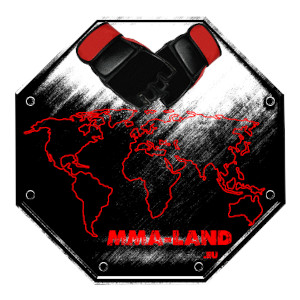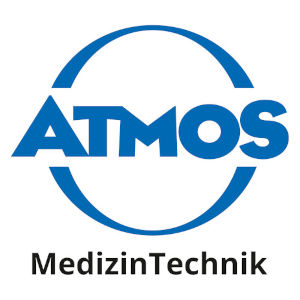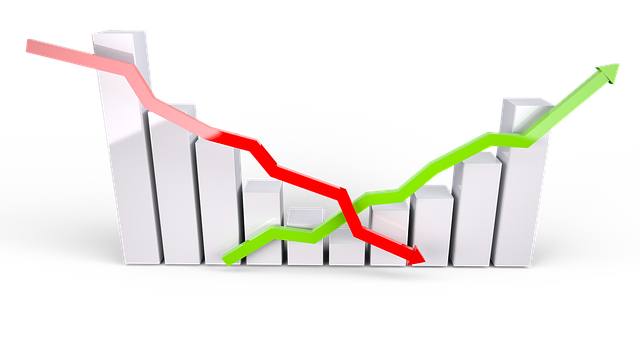
Mathematical economics is the application of mathematical methods to present theories and to analyze problems in economics. Often these applied methods go beyond simple geometry and may include differential and integral calculus, differential and differential equations, matrix algebra, mathematical programming, or other computational methods.
Mathematics enables economists to make meaningful, testable statements about wide-ranging and complex issues that are less easily expressed through informal channels. In addition, the language of mathematics enables economists to make specific, positive claims about controversial or contentious issues that would not be possible without mathematics.
Focus:
Linear Algebra
Differential equations
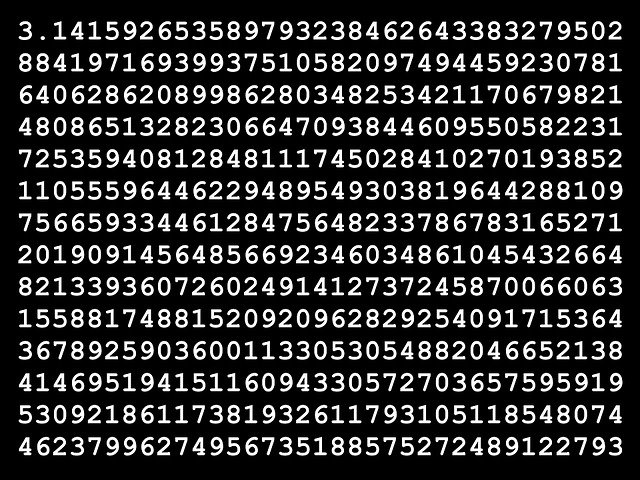
Computer science is the study of computation, automation, and information. Computer science encompasses theoretical disciplines (such as algorithms, computational theory, and information theory) and practical disciplines (including the design and implementation of hardware and software). Computer science is generally viewed as an academic research field considered and differentiated from computer programming.
Algorithms and data structures are of central importance for computer science. Computational theory deals with abstract computational models and general classes of problems that can be solved with them. The fields of cryptography and computer security deal with the study of means of secure communication and the prevention of security vulnerabilities. Computer graphics and computer geometry deal with the creation of images. The programming language theory deals with approaches to the description of computing processes, and the database theory with the management of databases.
Focus
Mathematical basics
Mengen
propositional logic
number systems
Illustrations
Basic algebraic structures
Prime numbers
Modular arithmetic
Application in cryptography
Introduction to Matrices
Invert matrices
Systems of linear equations
Introduction to graphs
problem of shortest paths
The Königsberg bridge problem
A city tour where every city is visited once
Trees and Knot Theory

The term "health technology" refers to any IT tool or software designed to increase hospital and administrative productivity, provide new insights into medicines and treatments, or improve the overall quality of care. Today's healthcare industry is a $2 trillion behemoth at a crossroads. The industry, currently under the pressure of crushing costs and bureaucratic hurdles, is looking for opportunities for improvement in almost every imaginable area. This is where health technology comes in. Technological tools are integrated into every step of healthcare delivery to address two key issues: quality and efficiency.
Focus:
Fundamentals of technology in health care
Medical-technical service providers
spectrum of medical technology
Imaging diagnostic systems
functional diagnostic systems
Risks of medical technology in the area of application
disposal technology and environmental protection
Hygiene technology and surveillance
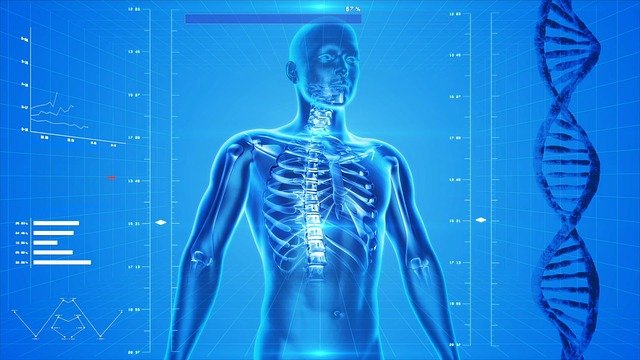 Health technology is defined by the World Health Organization as "the application of organized knowledge and skills in the form of devices, drugs, vaccines, processes and systems designed to solve a health problem and improve the quality of life" and includes drugs, devices, processes and organizational systems that used in the health sector, as well as computer-aided information systems.
Health technology is defined by the World Health Organization as "the application of organized knowledge and skills in the form of devices, drugs, vaccines, processes and systems designed to solve a health problem and improve the quality of life" and includes drugs, devices, processes and organizational systems that used in the health sector, as well as computer-aided information systems.
Focus:
Effects of flow optimization in surgical suction systems - The Turbulence Controlled Suction System
Physics of Blood
Damage to blood integrity from flow abnormalities



 Health technology is defined by the World Health Organization as "the application of organized knowledge and skills in the form of devices, drugs, vaccines, processes and systems designed to solve a health problem and improve the quality of life" and includes drugs, devices, processes and organizational systems that used in the health sector, as well as computer-aided information systems.
Health technology is defined by the World Health Organization as "the application of organized knowledge and skills in the form of devices, drugs, vaccines, processes and systems designed to solve a health problem and improve the quality of life" and includes drugs, devices, processes and organizational systems that used in the health sector, as well as computer-aided information systems.


